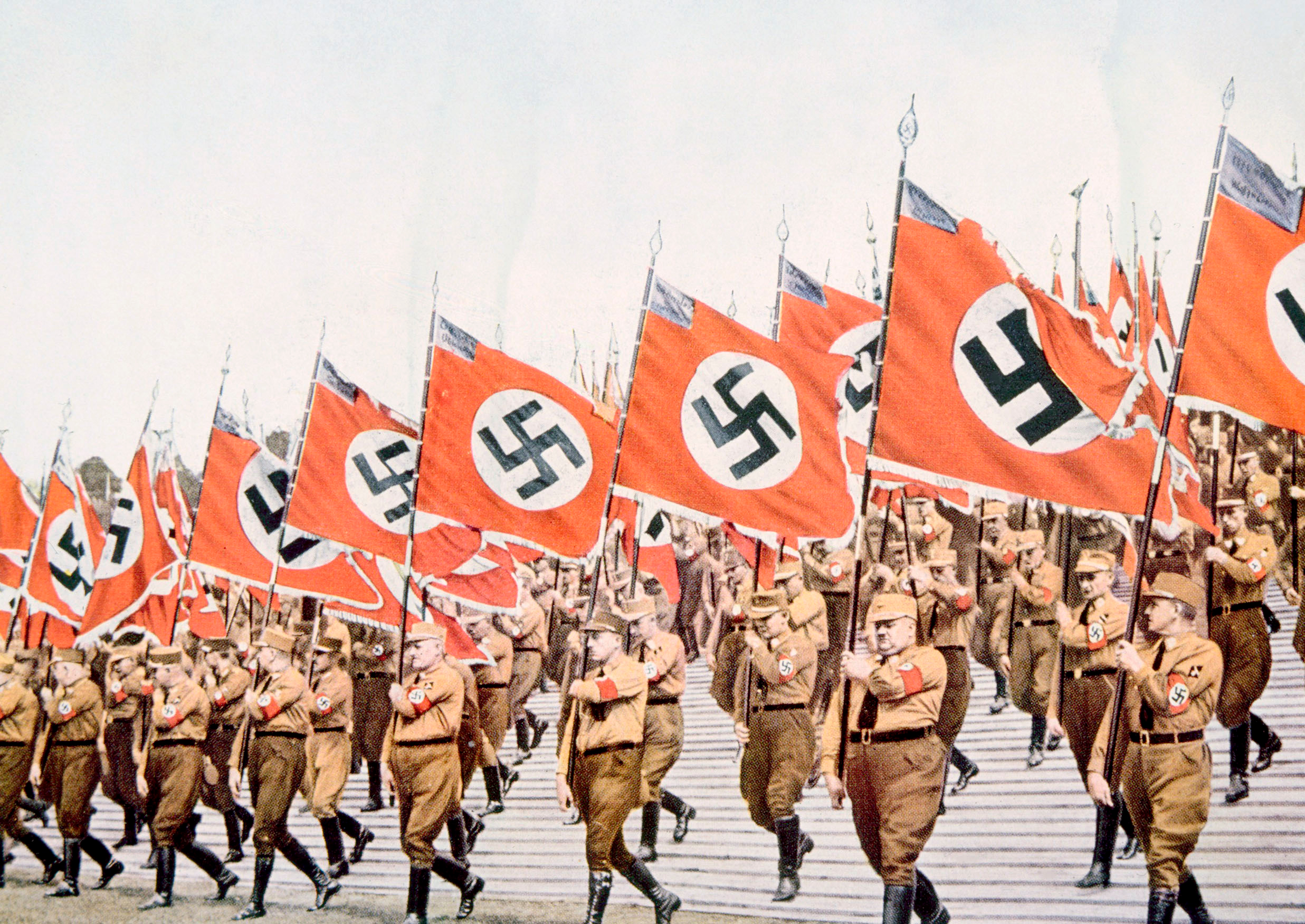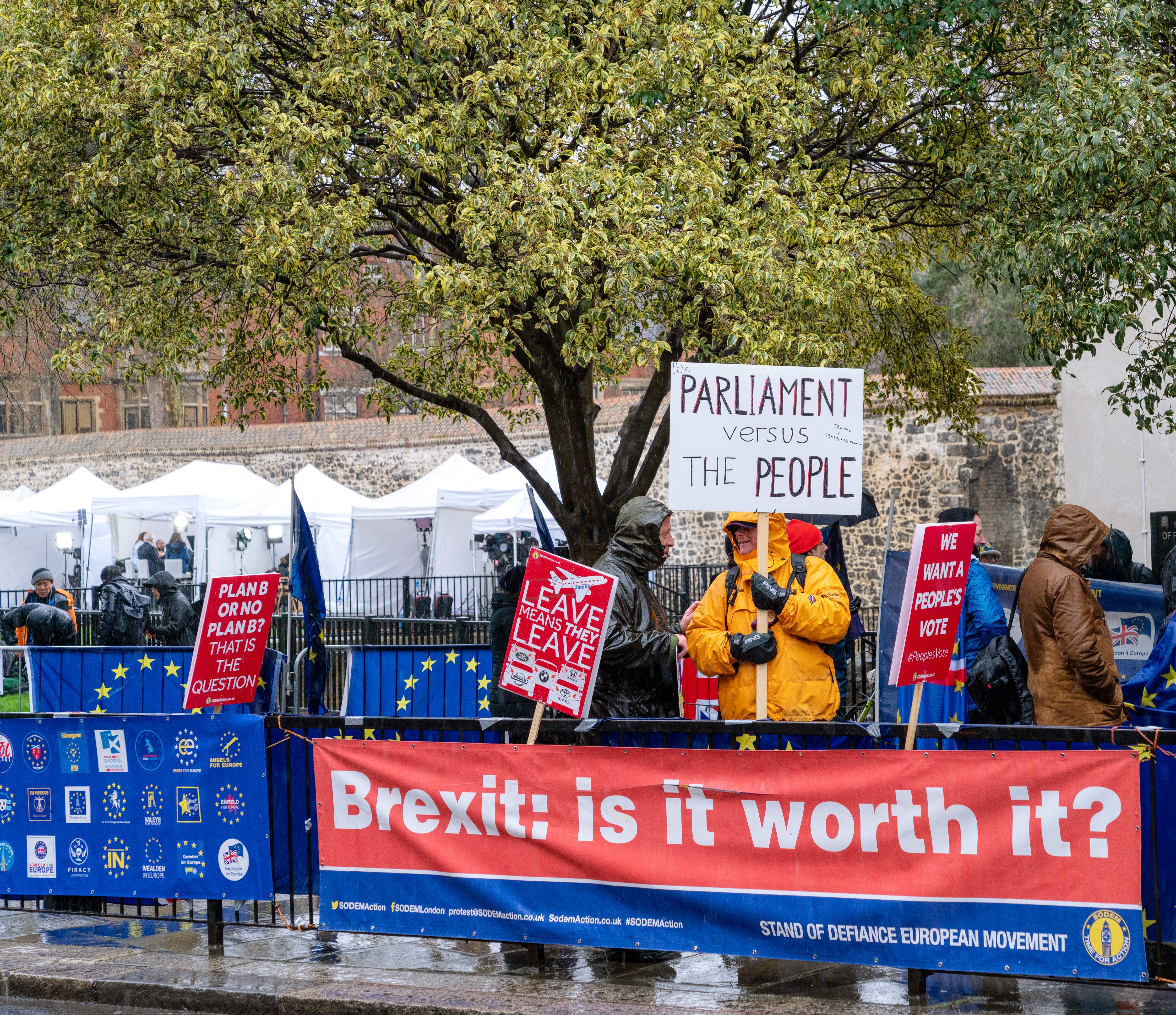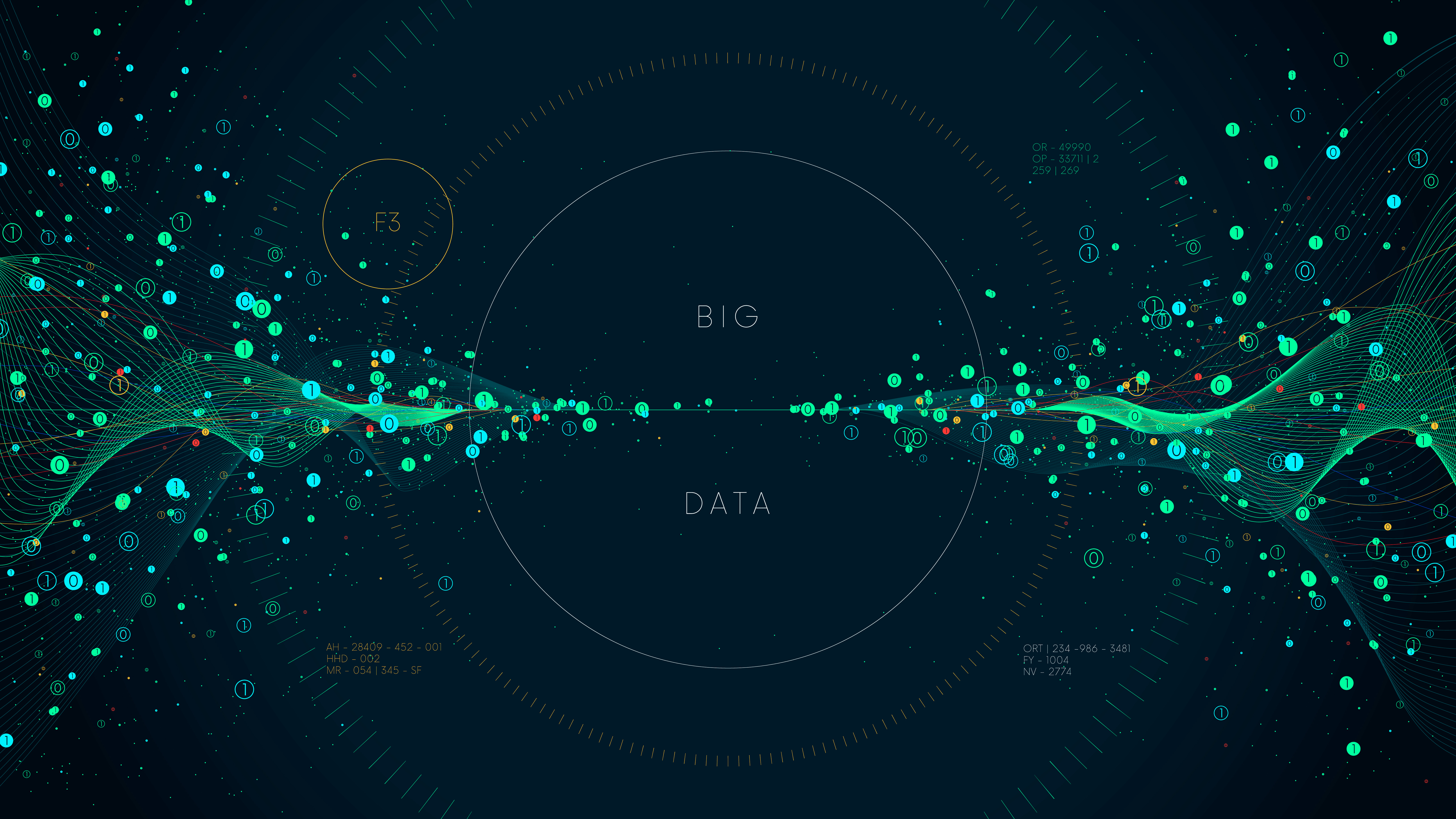Often, when I travel through zones of intense information conflict, like in east Ukraine or in America, which is very similar to east Ukraine in some ways, I hear people say the same things: "We don’t understand what’s true or false anymore. We’re surrounded by this kind of deluge of information, disinformation, misinformation. We feel everybody’s biased. We feel everyone has an agenda. So, we just have to kind of follow our emotions, our gut instincts, to guide our way through."
Navigating information overload
Visiting Senior Fellow
- The liberalisation and multiplication of media outlets and information platforms have led to an overabundance of information which confuses citizens around the world.
- Propagandists and other political actors use new technologies and social media tools to target micro-groups and spread Manichean ideology.
- The artificial divisions of “us and them” makes it easier for populists to push their message and reach their political goals.
Fighting for pluralism
In the 20th century, we had a dream. Those people who fought for democracy had a vision of what a democratic information space should be, and some risked their lives for it. They were fighting for freedom of expression against censorship. They were fighting for pluralism, having a varied and abundant range of media which they thought good for democratic debate. They all believed in a metaphor about the marketplace of ideas: that the best information would rise to the top.
Throughout the 20th century, dictatorships would try to suppress information through censorship and arrested people who tried to speak their mind. But in the 21st century, even authoritarian countries like Russia have much less censorship. We live in an age of what some academics term “information abundance”. You can even get through China’s internet firewall quite easily if you want to reach good sources of information. It’s incomparably easier to get different, better, accurate information than it was in the 20th century, but that has also brought a new set of problems: people feel very lost in this chaos of overabundance of information.

Photo by Everett Collection
“The true people”
Of course, the powerful authoritarian leaders, or those who’d like to be authoritarian, or anyone really who wants to influence people, also know they can’t control the whole information system the way they used to. They can’t force their one agenda down people’s throats, so they’ve learned to play a different game. A lot of them capitalise on the abundance of information. They flood the zone with so much information, disinformation, that people become confused. When they become confused and can’t think in terms of facts and evidence anymore, what becomes much more important is emotion and tribal identity. So, you have a whole movement of leaders across the world no longer trying to be ideological anymore, or trying to win arguments about the best economic system, and trying to prove that they’re doing well, but rather appealing to these new forms of political identity: the “real Americans” or the “true people”. Often we call this populism. But the thing to understand about this sort of digital populism is that it’s all about creating new identities, not essential ones, but new ones which are very, very loose.
The other thing that’s changed in this world of overabundance of information, where the stress is always on the emotional, is that you can target audiences very, very precisely. You’re no longer dealing with stable categories of left and right and working class and middle class. You’re dealing with little groups of passion and interest, whether it’s defending some sort of niche environmental cause or it’s a passion for some quasi-religious cult. You can find these little groups on the internet and tailor your messaging to fit them as precisely as you can. And you keep on feeding them different types of messages as different types of ads until you find the one that works.
For political campaigners, it’s worth seeing things from these groups’ point of view, in this world where evidence doesn’t really matter much anymore and where emotion matters more than anything else. They can create these new bundles of collective identity and, within that large bundle, very precisely target micro-groups and somehow connect whatever the political aim is with what the micro-group cares about.
Culture wars: “us and them”
The Brexit campaign in the UK was a campaign all about defining a new idea of the people, the real people as opposed to the evil global elites. This new “people” was completely different from the political factions of the past: They were from both sides of the aisle, left and right, they were from the working class and the aristocracy. This idea of the people had nothing to do with old political definitions. We know a little bit about the campaign that was run now because the people who ran it have given interviews and have left some digital evidence as well. They would precisely target little micro-groups.
For example, one of the most successful ads they did was about animal rights, which is a very important issue that people care a lot about but has nothing to do with being inside or outside the EU. Their aim was to tie this thing that people really cared about with the Brexit vote. So, you target people who care about animal rights and you say: ‘Did you know the EU is cruel to animals?’ And they put out a lot of ads showing that the EU supports bullfighting, for example. The man who ran the campaign told me that was the most effective ad they had done: it was the ad that actually got people to vote. So it’s a very strange world, where you have these bundles of emotion that you try to throw and unite people around, and then within that, a very targeted micro-message.

Photo by Andrius Kaziliunas
Today, we live in a world where you have political elites who are driving this divisive process. These elites are trying to foist what’s known as a “culture war” onto the population. These are political campaigns whose aim is to divide people into patriots and globalists, into “us and them”, “the people, the non-people”. At the London School of Economics, we’ve monitored a few of these campaigns and we’ve found that even though the campaigns are driven top down, there is this non-stop propaganda saying that this is the essential divide of the country. According to this propaganda, this is how we should understand the world around us when actually that doesn’t have very much correlation in the real world. People don’t actually divide into these groups. You tend to get fanatical little groups on the fringes, but actually most people are quite nuanced. Most people want to talk to what is meant to be the “other side”. Most people have quite nuanced beliefs on the core issues around what’s known as the “culture war”: abortion, gun rights. Talking about America, great data came out recently which showed that most people are kind of in the middle about immigration, and most people are kind of in the middle about abortion, and most people are kind of in the middle about the environment. So, this is very much an elite-driven process which is intended to create these definitions in order to achieve certain political goals, and we are seeing this very clearly right now.
Today in the US, there is an objective policy disaster happening around Coronavirus – and Coronavirus does not care if you are left, right, pink, yellow, Black Lives Matter or alt-right. It really doesn’t. In order to distract from what is an objective public policy catastrophe, certain powers, most notably the White House, but others as well, are trying to distract us to talk about a supposed essential culture war between a dangerous neo-communist left trying to spread its political correctness on the good people of Middle America.
Looking at the propaganda is horrific. It’s so obvious how it’s created and how they try to divide people. It’s obvious how they try to set up binaries. But I’m always relieved when I look at the data because the numbers show that people don’t quite fall for it. People are much more complicated and nuanced because life doesn’t fall into binaries. There are no simplistic culture wars. However, there is one factor which I think is really helping the people create this crass style of propaganda: the emotional and cognitive logic of social media.
Tribal thinking
Though everything does not come down to it, social media is a really important factor because it incentivises tribal thinking, the kind of cultural groupings, the kind of “us and them” binary mentality that the propagandists are chasing. When we go online, we are incentivised to essentially get attention from our ingroup’s likes and shares, retweets, etc. This is an emotional economy that is all about getting attention. It’s all about being liked by your friends, which in turn defines who your non-friends are. It really encourages this behaviour and this kind of non-deliberative and non-evidence-driven tribal instinct. That’s very dangerous and it is a design choice.
At the University of Texas, Talia Stroud, a very important researcher, has been looking at what happens when you tweak the buttons on Facebook a little. What if we replaced the like button with a respect button? Immediately, people who are in one political group, Democrats, for example, are ready to “respect” a Republican. They’re ready to listen to one. But when it was a like button, which is all about virtue signalling and saying ‘This is my team’, then they weren’t ready to press that button. So, even a tiny tweak in the buttons would help change our emotional incentives. Of course, the other really big factor is, which is so disastrous, is that everything that we know about algorithms – the computer programs that define what you see when you look online – on Facebook or on a Google search are based on our old searches and now old preferences, which means that the internet is rigged to give us more and more of the same.

Image by Maxger, Shutterstock.com
We can complain about the old media system – there is so much wrong with it – but at least in that system, when you pick up something like The Daily Mail, which is a right-wing newspaper in England, you actually still, within The Daily Mail, get a large spread of opinion because it is meant to be a tent for the whole of the right wing. Nowadays, if your interest is immigration, you will just see content about immigration. It’s like reading one page of the newspaper over and over. So that’s two factors. And I think they’re really contributing to the kind of mental patterns and the emotional patterns which dovetail with the culture war pursuits of the propagandists.
Discover more about
propaganda
Pomerantsev, P. (2019). This Is Not Propaganda. Adventures in the War Against Reality. PublicAffairs.
Pomerantsev, P. (2015). Nothing Is True and Everything Is Possible. The Surreal Heart of the New Russia. PublicAffairs.